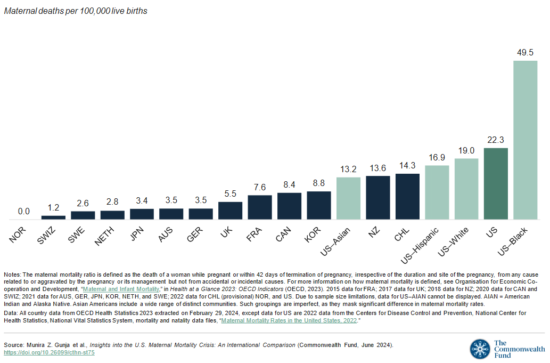GLP-1s and tastebuds, a new ADHD liquid, FDA committee nixes MDMA, and more
06 Jun 2024
Posted by Andrew Kantor
“No” to MDMA
An FDA advisory committee voted 9-2 to not recommend authorizing midomafetamine (aka MDMA) for treating PTSD in combo with therapy … at least not yet.
Those opposed to its approval said there’s not enough data showing the drug effectively treats PTSD.
A larger majority also said the proposed treatment’s potential risks outweigh its potential benefits while only one disagreed in a 10-1 vote on its efficacy.
USP warns about drug shortages
If it feels like drug shortages are lasting longer, you’re not imagining things*. A new report from USP found that a number of factors are contributing to the issue, especially lately.
Low prices, manufacturing complexity, geographic concentration of production, and quality issues can each raise the risk of a shortage, either alone or in tandem with one another.
Essentially, the profit margin for many drugs is too low for companies to bother making them, which leads to fewer suppliers and more places for the system to fail.
As one USP exec put it, “Unexpected shocks can break the system and disrupt the supply of quality medicines. This worrisome trajectory leads to more frequent drug shortages, prolonged scarcity, and more people at risk of not getting the medicines they need, when they need them.”
* You’re not imagining the drug shortages. You might be imagining other things.
Does this taste like weight loss to you?
Women taking semaglutide have their taste perception enhanced, possibly making sweets less tasty (or, rather, more overwhelming). That’s the result of a Slovenian study that compared MRI scans of obese women who received either semaglutide or a placebo and then had a sweet liquid put on their tongues.
Women receiving semaglutide experienced changes in their taste perception, in the ways their taste bud genes expressed themselves and the way their brain responded to sweets.
It might not be that semaglutide makes taste buds more sensitive, but that obesity makes them less sensitive. You know the drill: More research is needed.
Short takes
Still doing wrong by moms
The US continues to lag every other high-income nation in maternal mortality … well, except for Asian-Americans. And Black women have twice the rate as the rest.
Nearly two of three maternal deaths in the U.S. occur during the postpartum period, up to 42 days following birth. Compared to women in the other countries we studied, U.S. women are the least likely to have supports such as home visits and guaranteed paid leave during this critical time.
Liquid ADHD med approved
The FDA has approved Tris Pharma’s Onyda XR (clonidine hydrochloride) as the first liquid non-stimulant ADHD med. It’s a once-a-day oral suspension to be taken at night, and should be available later this year.
Preparing this year’s Covid vax
An FDA panel is recommending that this year’s Covid-19 vaccines target the JN.1 variant, rather than the KP.2 (aka “FLiRT”) strain. At the moment JN.1 is dominant across the country, but FLiRT is catching up fast.
Good news: Vaccine makers say that their JN.1 vaccines are effective against FLiRT — maybe not as good as a FLiRT-specific vax, but better than last year’s shot.
GLP-1 drugs vs cancer
There are enough cancers related to obesity that a study found that “weight-loss drugs cut cancer risk by a fifth.” Research out of Case Western Reserve University found that “patients taking the [new weight-loss] drugs were 19% less likely to develop 13 obesity-related cancers, including ovarian, liver, colorectal, pancreatic, bowel and breast cancer.”
Oh, and….
A second study published at the American Society of Clinical Oncology annual meeting suggested weight-loss drugs could reduce the risk of cancer coming back in breast cancer patients — and boost their prospects of long-term survival.
Science marches on
“Research Reveals How Heavy Metal Singers Scream and Squeal”



